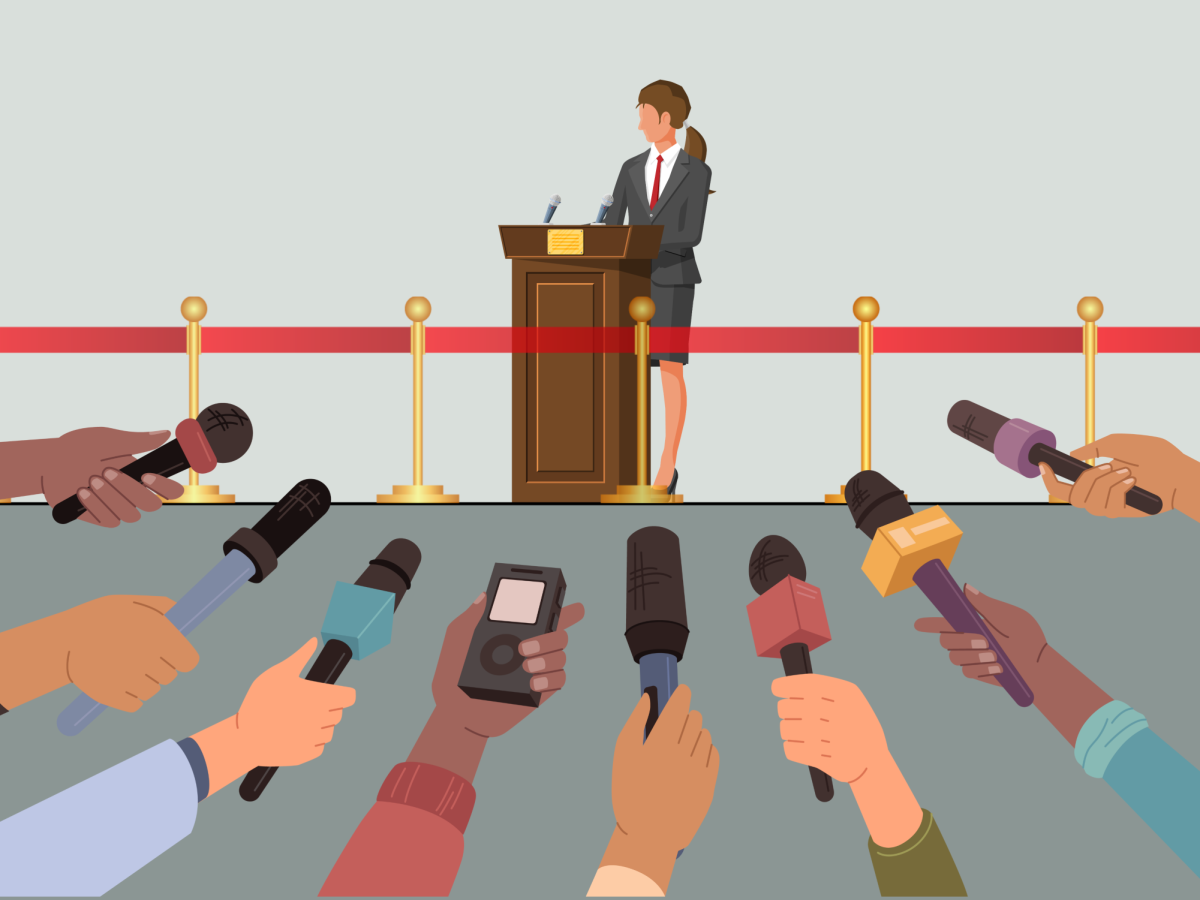The media — historically coined as the “watchdog” of the government, tasked with ensuring political accountability — is currently under siege. Veteran journalists Marty Baron, former executive editor of The Washington Post, and David Remnick, editor of The New Yorker, recently went on an NPR podcast to comment on the emergence of media as a target, as well as how the press harbors the brunt of politically-charged attacks.
Baron and Remnick label President-elect Donald Trump’s negative rhetoric toward the press as an effort to suppress free expression, undermining American democracy. They say Trump, with the vigor of his political base, has the ability to shape public opinion of the media. As president, he will also have executive powers to subdue the media by pressuring companies, owners and advertisers; denying funding to public radios and other journalistic outlets; and limiting journalists’ access to political spaces.
Reporters have already planned for such actions, as evidenced by the Reporters Committee for Freedom of the Press (RCFP), a nonprofit organization prioritizing the safety of journalists and protecting journalists’ right to access governmental information. The irony, Baron and Remnick point out, is organizations like the RCFP have historically protected journalists from foreign attacks, not domestic ones from our government.
Trump, Baron and Remnick say, bragged about undermining media trust during his first term, leading to increased media polarization, reduced viewership and greater mistrust. They argue that, to regain trust, journalists should strive to be “independent arbiter[s] of facts,” otherwise journalism is “a practice in confirmation bias.” The goal is to be as honest and transparent as possible, and encourage readers to fact-check stories by hyperlinking substantial evidence. They also say the media is missing topics that bring people together rather than divide them, like sports and community events.
In addition to governmental figures, audiences across America have found ways to universally blame “the media” for polarization and hatred toward politicians. But one journalist or organization cannot account for all media outlets. This blanket statement not only attacks journalism as a field; it also compromises the integrity of democratic ideals as a whole.















































